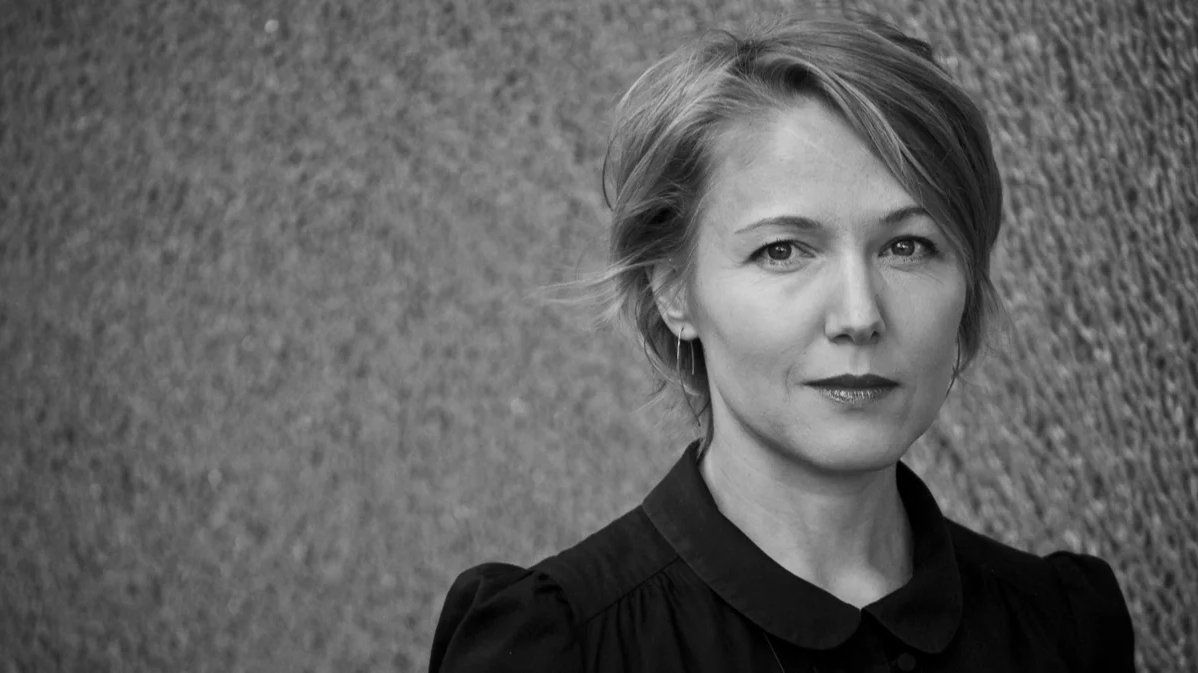I am prompted to write this by the quiet and peaceful passing of Australian-Tatar artist Zulya Kamalova (1969-2024) on 18 September, and by my belief that the wartime context of uncertainty presses intellectuals to imagine different futures.
Without such sociological and political imagination, we are doomed to constrict the future trajectories along which a society can evolve. But if we allow ourselves to imagine, ideas can inspire and illuminate the pathways required for change.
Zulya was and will likely remain the biggest champion of Tatar music in Australia where she moved in 1991 to start a family. She was born in the Russian republic of Udmurtia, grew up in the neighbouring republic of Tatarstan and lived in Australia since the nineties. First performing at the age of nine, Zulya went on to make 10 solo albums, as well as three more with The Children of the Underground, singing variously in Tatar, Russian and English. Zulya’s songs built on a creative reinterpretation of Tatar music that represented both her Tatar and Australian identities and illustrated how folk melodies can evolve, while continuing to interact with global trends and bridging the gap between different cultures and societies.
Despite having fans around the world, Zulya was paradoxically little known in Russia, outside Tatarstan. The main reason for this curious gap is the persistent ethnic inequalities in Russian society and the racism long ingrained in the identity of ethnic Russians, the predominant ethnic group in the country.
Zulya’s life, live performances and musical legacy all signal the possibility of another future for Russia — a future in which Russia’s multifaceted ethnic and cultural diversity becomes one of the country’s strengths rather than its weakness, as it is perceived to be by the Kremlin today.
I imagine a future for post-imperial Russia in which, rather than invading its neighbours, Russia will treasure, cherish, and develop its ethnic minorities and see the country’s extraordinary diversity as one of its most valuable resources. It is a future for post-energy-transition Russia, in which ethnocultural diversity displaces Russia’s oil and gas with music and other cultural resources and creations exported to the world instead of energy resources. It is a future for post-patriarchal Russia in which women are politically empowered and encouraged by society to take a leading role in creating the country’s future instead of being cajoled and bribed to procreate by a militarist state that needs their children to fight an unjust war.
I discovered Zulya in the early 2000s after her album Aloukie came out, in which she reinterpreted traditional Tatar songs in very distinct ways, enhancing their acuity with her beautiful voice and through the use of highly original and experimental musical interpretation. At once fresh and familiar, her songs sounded enchanting and sublime not only to me, but also to thousands of her compatriots living abroad who found themselves in similar states of nostalgia and longing for their cultural roots.
An acclaimed artist who toured the world and received numerous awards during her lifetime, Zulya was named Artist of the Year in Australia in 2001 and World Music Artist of the Year in 2002. Indeed, Zulya’s interpretations of Tatar classics have truly broken through ethnic boundaries to enter the hearts and souls of many thousands of non-Tatars as well as those of her own people.
There are close to 200 ethnic minority groups in the Russian Federation. The Russian state was founded as an ethno-federal state that imprints this ethnic diversity in its state structure and its constitution. However, deep-rooted ethnic hierarchies have always prevented the country’s vast cultural, religious and ethnic diversity from being truly appreciated.
The Kremlin’s persistent paranoia about ethnic separatism has only grown along with its elimination of political pluralism and its pursuit of Russian greatness by military means. Russia’s reliance on military solutions, which is often underpinned by a sense of Russian exceptionalism, emerges historically as an elite reaction to Russia’s lagging economic and technological development when compared to that of developed countries.
Historical patterns can be difficult to break, and yet they are far from predetermined. And, as other countries have amply demonstrated, they remain in place only until they are broken.
Join us in rebuilding Novaya Gazeta Europe
The Russian government has banned independent media. We were forced to leave our country in order to keep doing our job, telling our readers about what is going on Russia, Ukraine and Europe.
We will continue fighting against warfare and dictatorship. We believe that freedom of speech is the most efficient antidote against tyranny. Support us financially to help us fight for peace and freedom.
By clicking the Support button, you agree to the processing of your personal data.
To cancel a regular donation, please write to [email protected]

